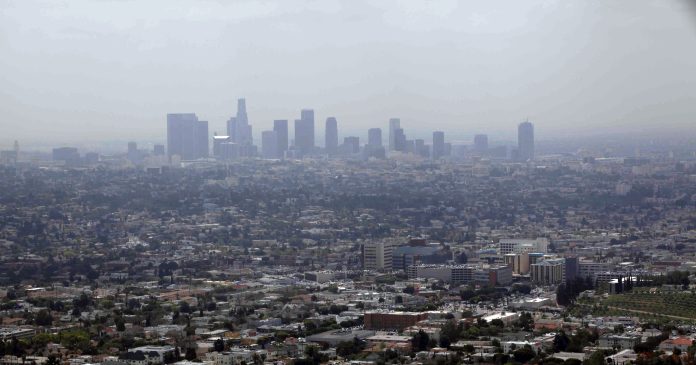
Denial is latest EPA action to protect overburdened communities and water sources from coal ash contamination, advancing environmental justice
WASHINGTON (Aug. 3, 2023) – Today, the U.S. Environmental Protection Agency issued a proposed denial of Alabama’s permit program to manage coal combustion residuals – commonly known as CCR or coal ash – in landfills and surface impoundments. In its first proposed denial of a state coal ash permit program, EPA finds that the Alabama permit program is significantly less protective of people and waterways than the federal regulations require. Under the federal regulations, surface impoundments cannot be closed if, once closure is complete, the coal ash continues to be saturated by groundwater. Facilities must prevent groundwater from infiltrating and flowing out of the closed unit to prevent additional groundwater contamination. In contrast, Alabama does not require that groundwater infiltration be adequately addressed during the closure of these coal ash units.
Today’s action advances the Biden-Harris Administration’s commitment to protect all communities from pollution and advance environmental justice, with a strong focus on the need to address health and environmental impacts, including for marginalized and overburdened communities that bear a disproportionate burden of pollution.
“Exposure to coal ash can lead to serious health concerns like cancer if the ash isn’t managed appropriately,†said EPA Administrator Michael S. Regan. “Low-income and underserved communities are especially vulnerable to coal ash in waterways, groundwater, drinking water, and in the air. This is why EPA works closely with states to ensure coal ash is disposed of safely, so that water sources remain free of this pollution and communities are protected from contamination.â€
EPA has approved three other state CCR permitting programs. However, EPA is proposing to deny the Alabama CCR permit program application because it does not meet the standard for approval under the Resource Conservation and Recovery Act. Under this law, each CCR unit (i.e., landfills or surface impoundments) in the state must achieve compliance with either the federal CCR regulations or state criteria that EPA has determined are at least as protective as the federal criteria. The Alabama Department of Environmental Management (ADEM) largely adopted the language in the federal CCR regulations into its state regulations. However, when EPA reviewed Alabama’s CCR permits, EPA found that the permits were not as protective as the federal CCR regulations.
EPA identified deficiencies in ADEM’s permits with closure requirements for unlined surface impoundments, groundwater monitoring networks, and corrective action requirements. EPA discussed these issues with ADEM; however, the state agency has not revised its permits or supplemented its application to explain how such permits are as protective as the federal CCR requirements.
Should EPA’s proposed denial of Alabama’s coal ash permit program be finalized, the consequence would be that facilities will still be required to comply with the federal CCR regulations. If EPA determines that there are any immediate threats to human health or the environment posed by CCR facilities (whether unpermitted or currently permitted by the state), EPA will consider using all available authorities, including enforcement and response authorities provided under federal law.
EPA is soliciting comments on this proposal for 60 days, during which an in-person public hearing will be held for interested persons to present information and comments about this proposed program. To learn about this proposed denial, visit our Alabama Coal Combustion Residuals Permit Program webpage.



